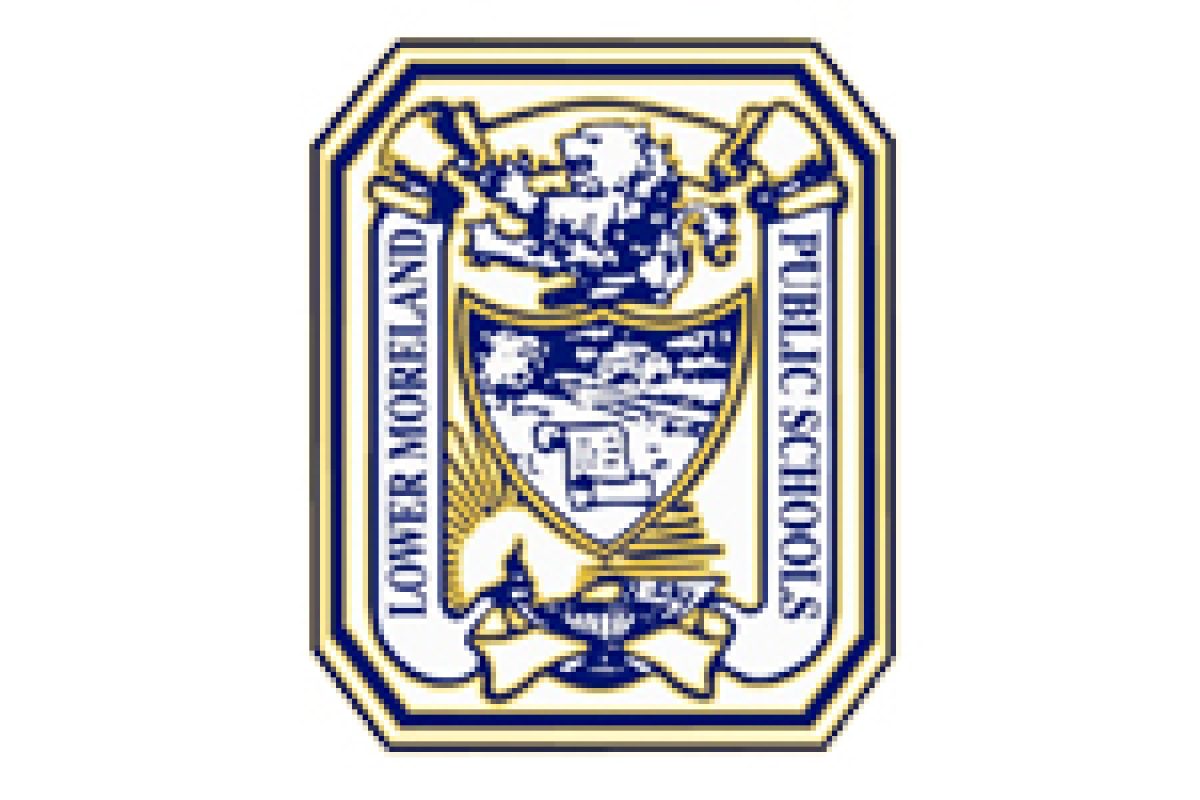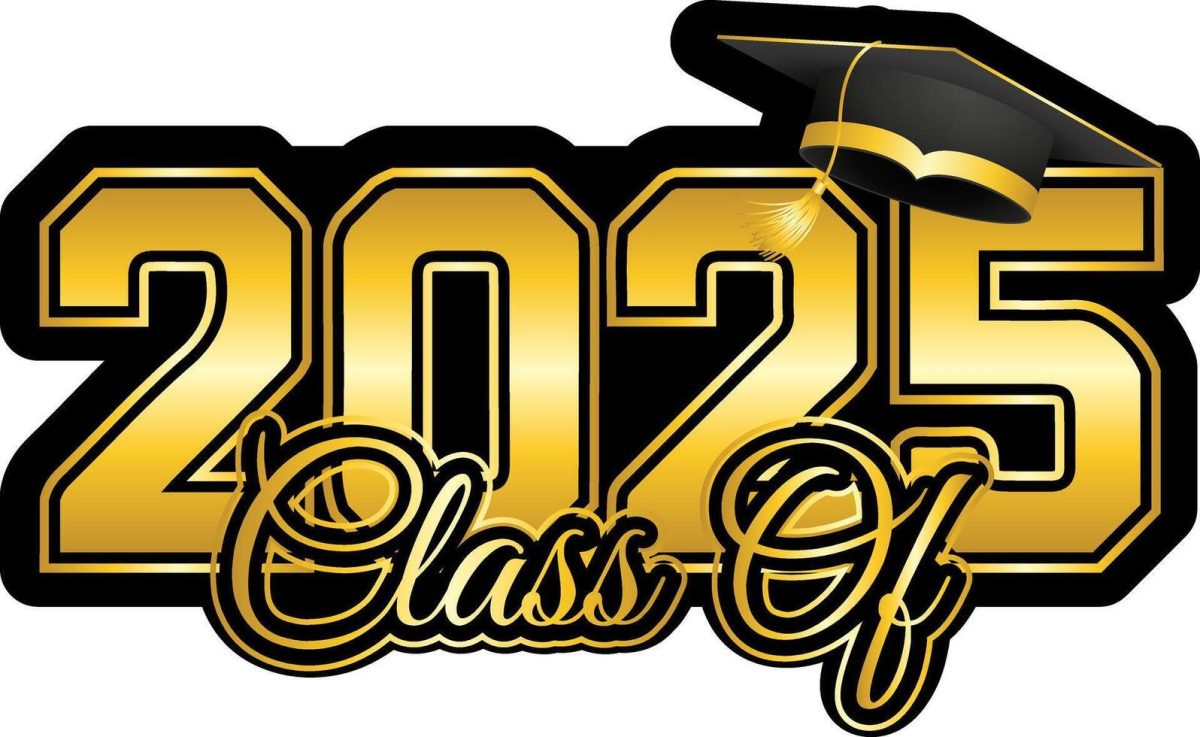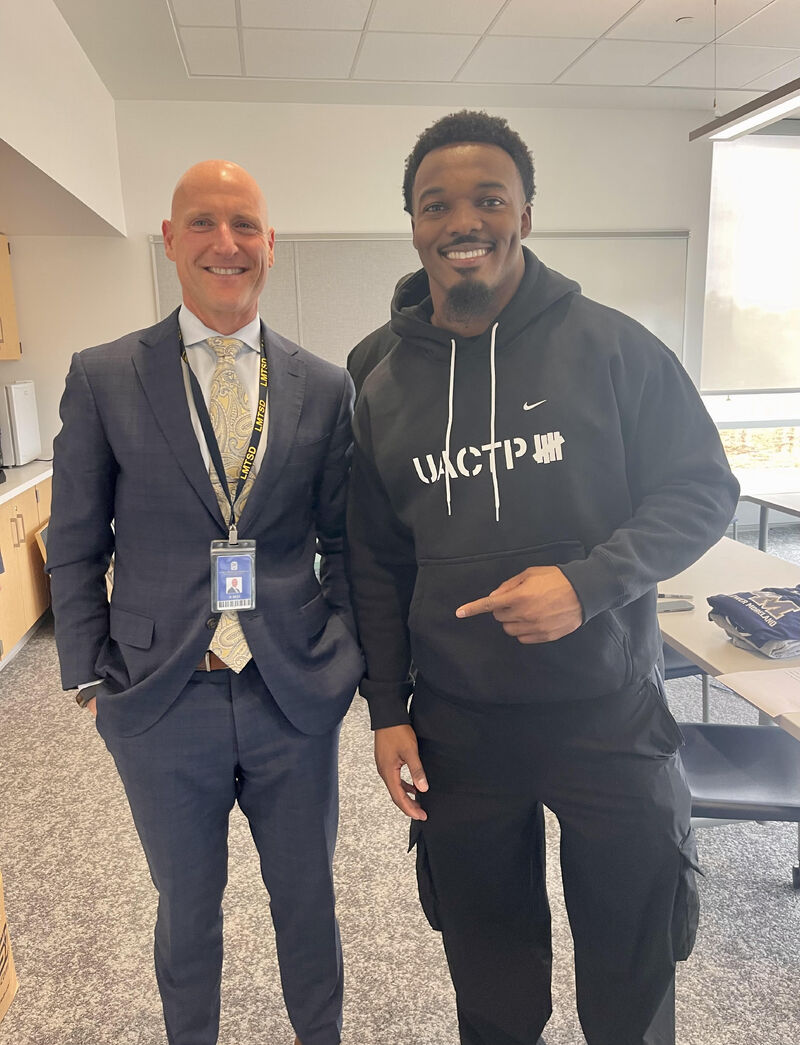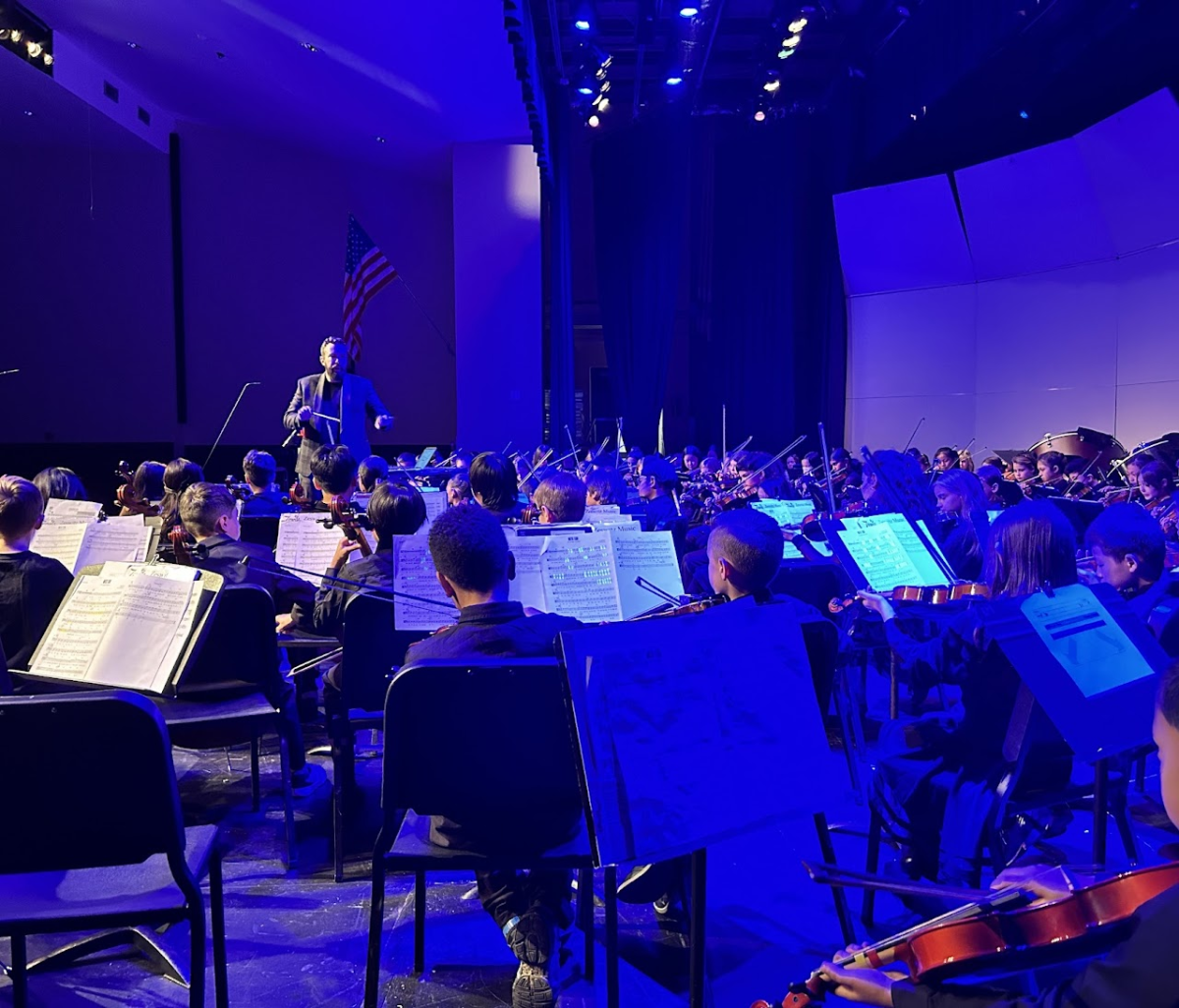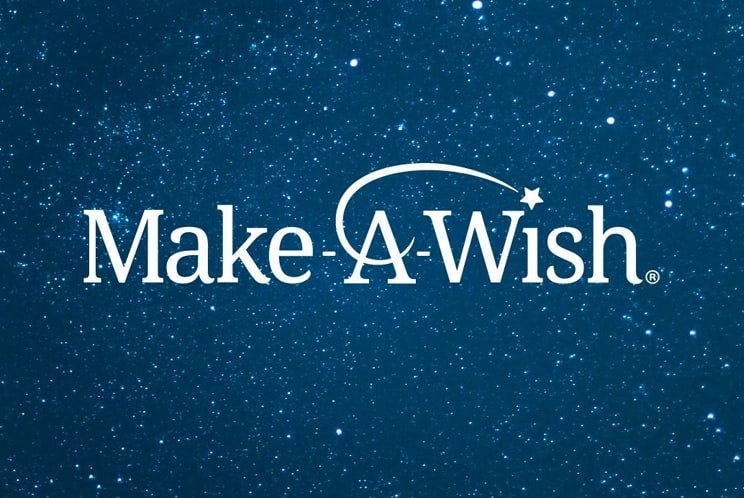The Social Studies Department at Lower Moreland is undergoing a significant transformation designed to broaden the scope of studies and provide a more diverse and inclusive educational experience. Starting this fall, the curriculum will feature both new courses, like Reel History, and a restructuring of existing ones, such as the removal of interdisciplinary courses. I had a chance to sit down with AP Gov & Politics teacher Mr. Hoffman to better understand the new changes.
AP African History & African-American Studies
This new addition to our curriculum will not only focus on the historical aspects, but the roles and cultural movements of the African-American experience. It will include African-American contributions to movies, sports, literature, and a detailed examination of the Civil Rights Movement. Mrs. Burton-Haldeman is slated to teach this exciting new course, which has already garnered positive anticipation from many students in grades 10-12. According to Mr. Hoffman, this course is a welcome expansion beyond traditional American studies, enhancing our focus on marginalized group equity.
Required Civics Course
The foundational courses in civics and AP United States Government and Politics will continue to be a part of the curriculum, but no talk about AP Comparative Government & Politics has been mentioned.
Removal of World Studies & American Studies
The 9th-grade World Studies interdisciplinary class will be divided into standard English and Social Studies classes. The history class will be named “World Cultures, History, and Geography.” This change will allow for the introduction of topics that were previously not covered, adding richness to our students’ global understanding. The content in this class will be able to expand so more cultures can be studied in the same amount of time.
American Studies will be redefined to concentrate on English books and American history separately. Starting from World War I up to the Modern Era, the revised American history curriculum will cover significant events up through the 21st century, with less emphasis on the Progressive Era and Gilded Age. These two eras were gone over in great detail to coincide with Maggie, a Girl of the Streets, and The Man who Corrupted Hadleyburg. According to Mr. Hoffman, this modification is designed to provide greater flexibility and thematic exploration, particularly of the New Deal era.
New Electives
Several new electives have been proposed, with their availability contingent on student interest. The first course is Psychology and Economics, which will explore how psychological factors influence economic decisions, offering students insights into behavioral economics. Our AP Macroeconomics and Microeconomics teacher, Mr. Beck, will likely teach this course based on student interest. In addition, a course named Historical Book Study will create a chance for students to analyze historical nonfiction. For example, biographical texts of significant figures like Martin Luther King Jr. will help students gain deeper insights into the civil rights struggle. Lastly, Reel History will be an elective that focuses on the depiction of American cultural themes in movies and documentaries, from war and romance to civil rights, reflecting both fictional and non-fictional narratives. Intro to Criminal Justice, Psychology, and Sociology will all be kept.
Overall, the renewed curriculum in the Social Studies Department is a bold step towards creating a more inclusive and insightful educational experience. It aims to equip students with a deeper understanding of the diverse narratives that shape our world, fostering a comprehensive educational environment that prepares them for the complexities of the global stage.
